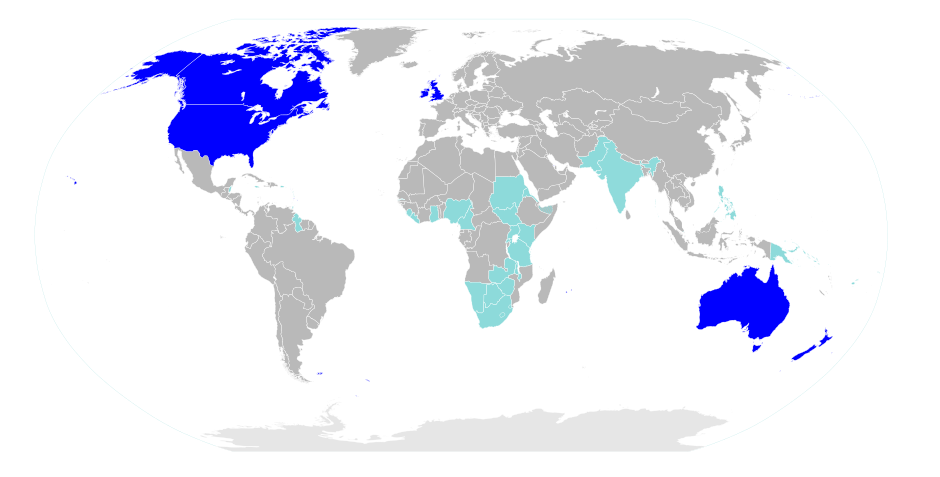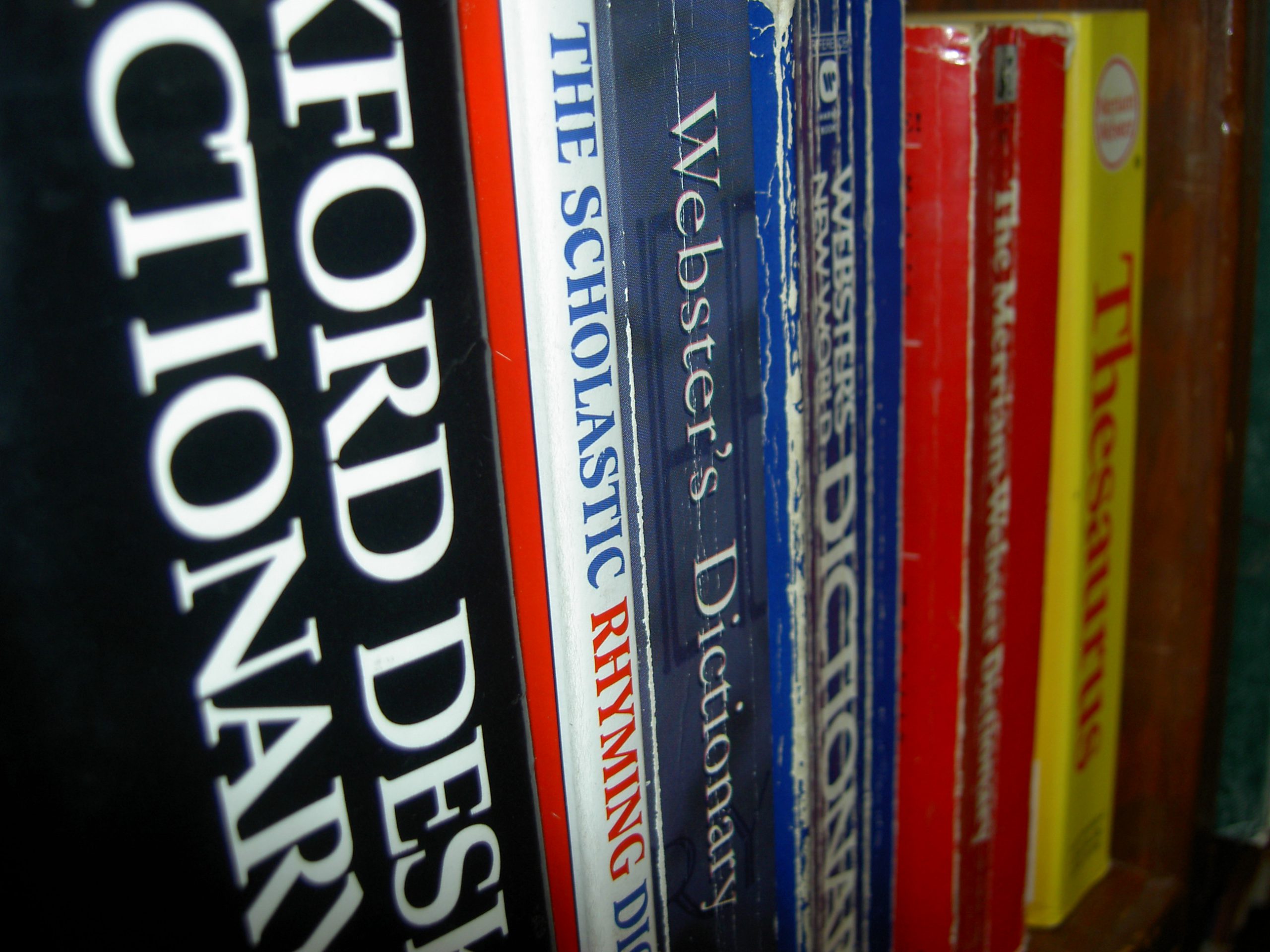Blog
2018.05.21
About transeuro
Special features of the English language
This time the English-Japanese translator Mr. Furuya tells us about the special features of the English language, especially when English texts are written by non-native speakers.
Transeuro specializes in German. Most translators are translators for German texts, but many also take on translation assignments for English. This peculiarity of Transeuro can be found in a few translation companies and this is our strength.
English translators also learn German
When I started working as a patent translator, I translated English patent applications and a more experienced translator corrected me. At the same time, I also learned German, as to take over German translations in the future. However, when it became common practice in many non-English speaking countries to file patent applications in English, we received more and more orders for English translations.
Previously, most patent applications were Paris convention applications, but the proportion of PCT applications has continued to increase and now one hardly sees any Paris convention applications. Even if there are fluctuations, orders for English translations will not decrease in the long term. I continued to work on mainly English translations and also studied how to translate German patent documents.
Since the focus of transeuro is on German, many translators want to improve their German language skills in order to sell themselves better.
When you learn English, you will find more materials and textbooks than for German. English translations and technical terms can be found quite easily on the Internet for German, this is more difficult. So our translators discuss the translation of certain terms a lot.
English by non-native speakers
English is used by many people all over the world. However, not all are native speakers. Therefore, the language has peculiarities that differ from other languages. When translating patent specifications into Japanese, you see this a lot. The patents we translate are often written by Germans, Swiss or other Europeans.

dark blue: English is the official language or national language and lingua franca
light blue: English is the official language, but only secondary language
That is why we often see unusual English that is not so easy to understand. Even if a native speaker writes in English, this is no guarantee that it is easy to understand. Especially the somewhat too free expression of native speakers often makes translators want to cry. Here, however, here I would like to explain the specialties of English written by a non-native speaker, especially a German.
Most often I notice that words like “characterize” are written with an “-ise”. Because of the pronunciation of German words such as “sprechen” and “sehen”, Germans tend to use this spelling.
It also happens that when in German a preposition demands the 2nd case and one should actually us “of” in English, this “of” is forgotten. With an understanding of German grammar you can understand what the author really wanted to say.
In patent applications the term “at least one” is used quite frequently. The German translation would be “mindestens ein/eine”. Ein or eine can also be translated with “a” in other cases, so that you sometimes find “at least a” in English patent applications by German authors. In such cases it is not clear to the translator what is meant, which makes the translation difficult.
These were a few examples of English written by Germans. For English with influence from French or Spanish you might have to deal with completely different issues. This is a typical problem that occurs when translating from English into Japanese. However, since many of our English-Japanese translators also have an understanding of other languages, they can cope well with this problem.
English is used in all professions
Another characteristic is that English is used in all professions. For other languages, for formal texts usually a translator is hired. With English, however, there is often someone you know that is good at English and translations are not necessarily done by professional translators, which can also lead to unclear translations.
There are also many certificates available for the English language. German and Chinese were recently added to the NIPTA certificate for patent translators, but there are many other certificates that are only available in English. Compared to other languages you have much more choice and much more possibilities to take exams. The problem is that many people think it is enough to have a certificate, but there are also many situations where such knowledge is not enough.
There are many English patent specifications that are not as beautifully formulated as the textbook suggests. As a professional translator, you have to read many different patents in order to get used to different expression so that you always know how chose the best wording for your translation. This is why you should hire professionals for formal English texts to be on the safe side.
How did you like Mr. Furuya’s view of English?




Leave a Reply